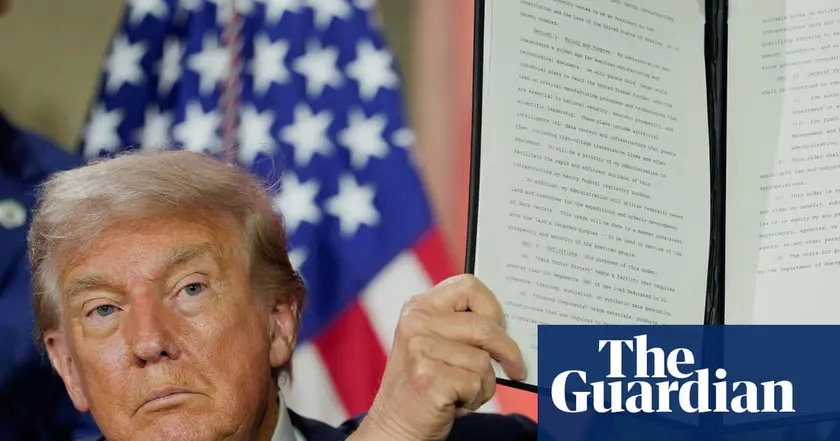T4K3.news
Eight Sleep raises 100 million to expand AI sleep tech
A New York sleep tech company closes a 100 million round to grow AI driven sleep monitoring and health insights.

Eight Sleep secures a 100 million round to scale AI driven sleep monitoring and global expansion.
Eight Sleep raises 100 million to expand AI sleep tech
Eight Sleep, a New York based sleep tech company founded in 2014, announced a 100 million funding round led by HSG and Valor Equity Partners, with Founders Fund, Y Combinator, and high-profile supporters including Charles Leclerc and Zak Brown. The round brings total funding to about 260 million, and the company says it is approaching unicorn territory as it expands internationally and grows its AI powered devices. The flagship Pod mattress sensors track sleep stages, heart rate, breathing, and movement, and automatically adjust temperature, elevation, and firmness.
Eight says its Sleep Agent uses large language models to create digital twins for thousands of users and predict nightly recovery, shifting sleep tech from reactive tracking to proactive care. The company plans to focus on the medical sector with Health Check, which it says can monitor cardiovascular and respiratory patterns with up to 99 percent accuracy without wearables. It is also pursuing FDA approvals for features like menopause relief through Hot Flash Mode and sleep apnea solutions, and it plans to enter China while expanding to more than 30 countries with a privacy framework that emphasizes encryption and GDPR and CCPA compliance, and installations that do not require microphones.
Key Takeaways
"If we successfully execute our AI roadmap, launch internationally, and develop condition-specific interventions, achieving unicorn status will naturally follow."
Zatarain on the unicorn trajectory tied to AI milestones
"Privacy is foundational. All data is encrypted, never sold, and fully private."
Zatarain on Eight Sleep's data privacy commitments
"We’re not replacing your doctor, but we are giving you nightly, high-accuracy health monitoring so you can act early if trends shift."
Zatarain on Health Check and early intervention
"Autopilot builds a personal blueprint from night one, then adapts continuously, accounting for seasonality, travel, stress, training, illness, or even a bad night before."
Description of Autopilot feature
The funding signals a shift in sleep tech from gadgets to health data platforms that guide daily decisions. Eight Sleep bets that AI driven insights can turn the bed into a personal recovery coach, a move that hinges on trust around privacy and regulation. The company argues its sensors are noninvasive and its data practices align with major privacy regimes, but global expansion will still face diverse rules, especially in health data and cross-border transfer.
As Eight Sleep scales, it competes with wearables and medical devices while pursuing a medical oriented path with Health Check and FDA filings. If the model proves durable and compliant, the market could see more beds that inform care decisions. If not, investors and users may push back on data use, costs, and the practical benefits of AI guided sleep at scale.
Highlights
- Sleep data should empower, not expose privacy
- A bed learns your night and changes your day
- Privacy is foundational encrypted and private
- Night by night the future of care is personal
Privacy and regulatory risks with AI sleep data
Eight Sleep faces potential challenges around how health data is stored, transferred, and used as it expands globally. While the company emphasizes encryption and compliance with GDPR and CCPA, broad market entry—especially into China—creates regulatory and public scrutiny risks.
The bed as a health platform is no longer fiction; how regulators and users respond will shape its real-world reach.
Enjoyed this? Let your friends know!
Related News
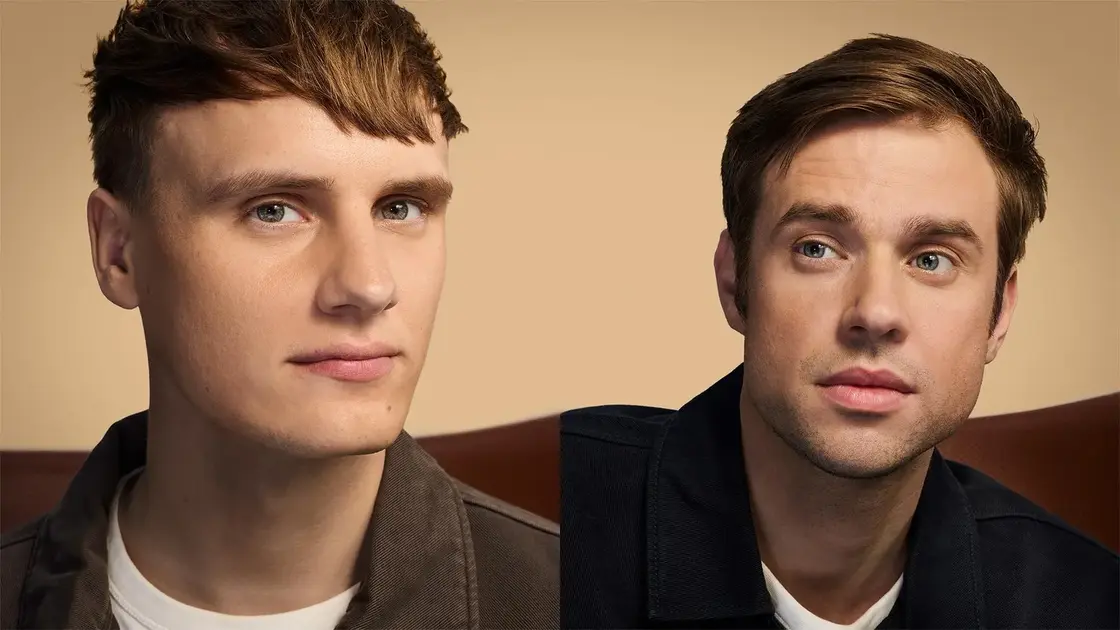
Lovable becomes fastest-growing software startup
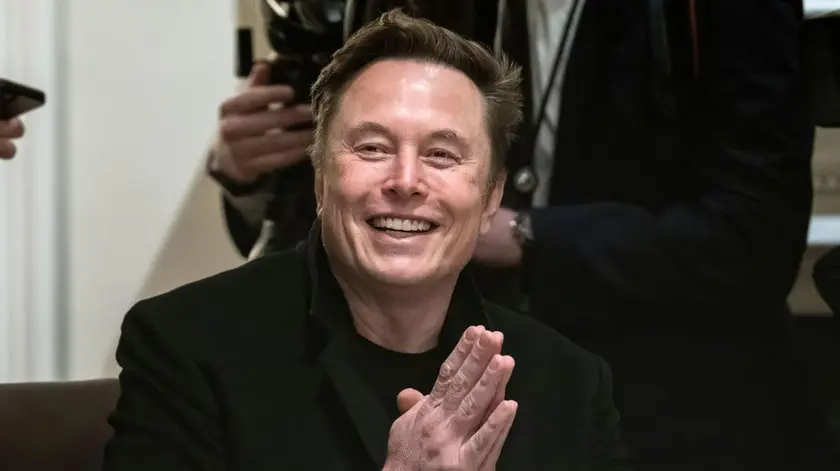
Elon Musk awarded shares worth $29 billion

Tech stocks retreat as markets pause after record highs
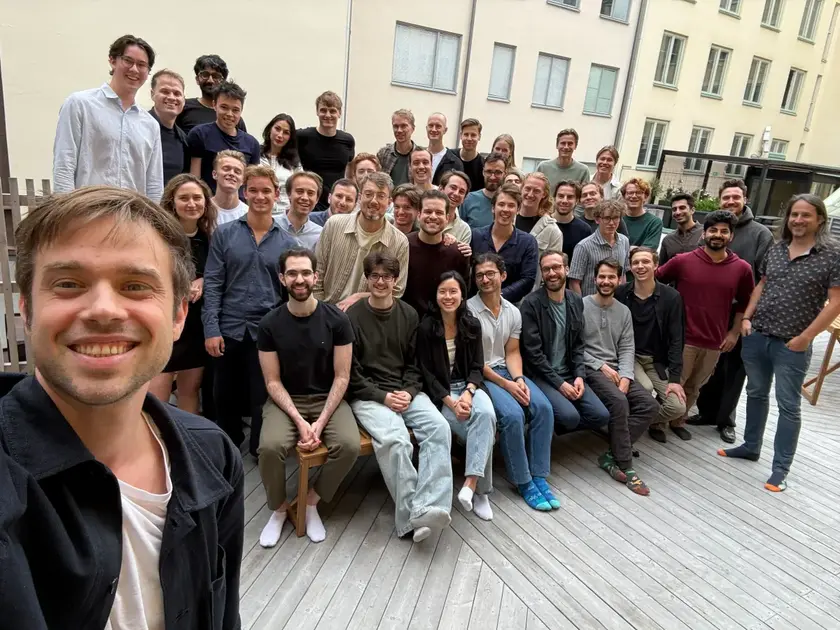
Lovable crosses $100 million ARR milestone
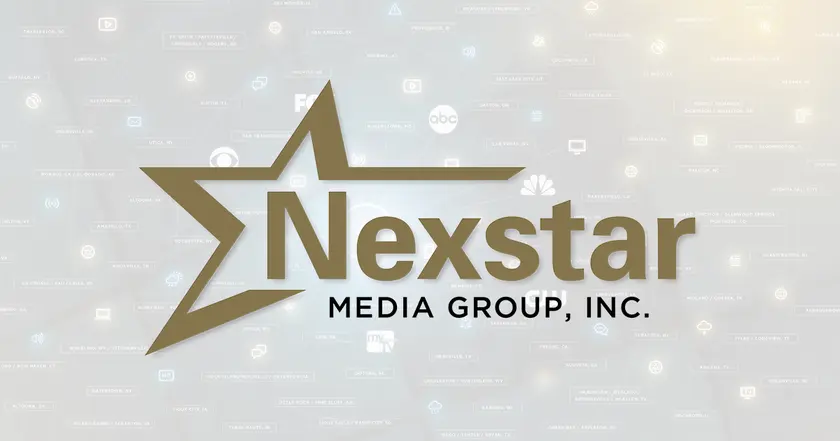
Nexstar and TEGNA announce $6.2 billion deal

Trump advocates for cryptocurrency mining amid noise complaints

Data center construction reaches new heights
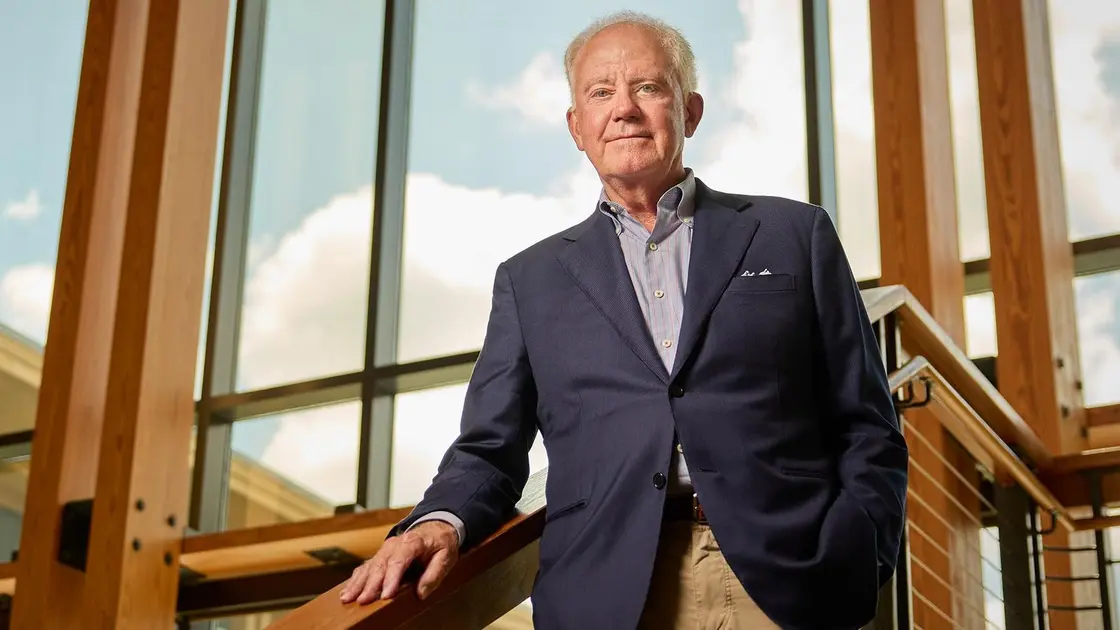
Live Oak Bank Takes Lead In Small Business Loans
